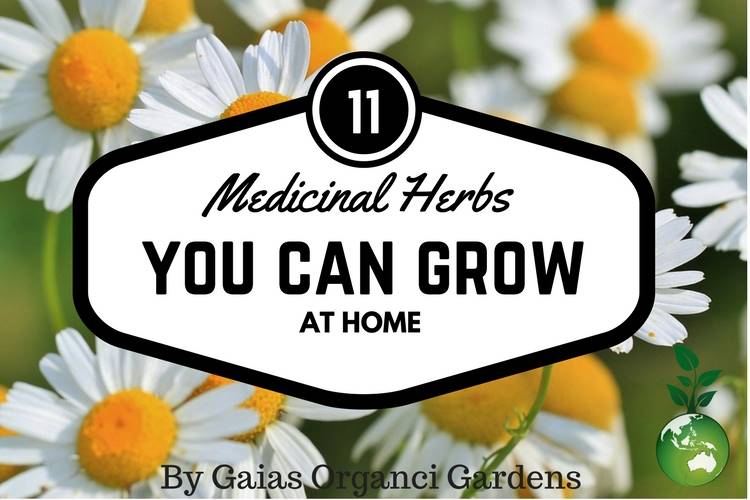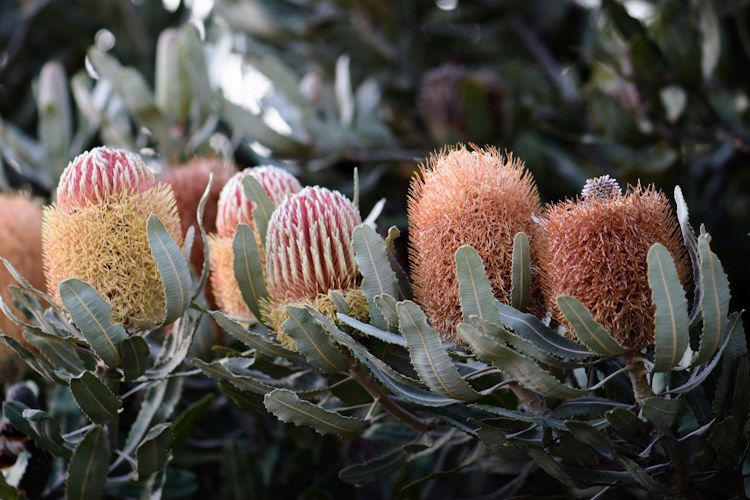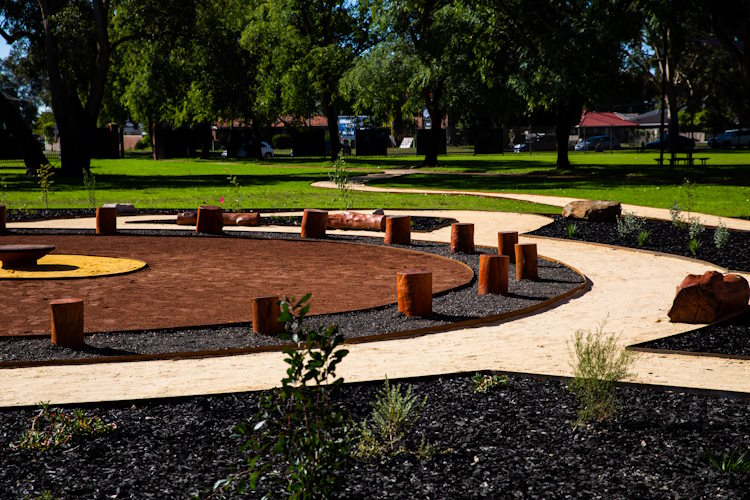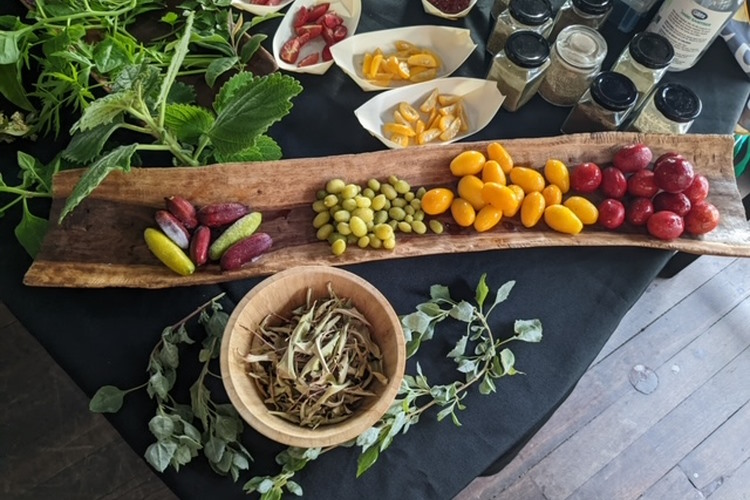How connected to plants are we really?
The relationship we have with plants starts with the breath. We breath in the oxygen supplied by the plants around us, and we breath out their essential life giving component, carbon. The symbiotic relationship between humans and plants begins unconsciously, with every breath we take. The connectedness we humans feel in nature is unquestionable. The need for us to get our amongst the trees is stronger in some than others but present in all. Plants are essential for our human experience on so many unseen levels.
Get your chi without tai chi.
Gardens are healing in so many ways, the feeling you get when you pick your own freshly grown produce, the flavour as you savour the sensation of its freshness and taste, the additional boost of nutrients and the chi, energy intact, feeding every cell in your body. The actual act of gardening is a fantastic excuse to spend a few hours outside in the sunshine breathing in the fresh air. And If it’s a vegetable of medicinal garden you get the added bonus of 100 other uses for your garden other that it just looking lovely!
The secret life of plants, what are they really up to?
In saying that, plants are proven to be able to sense our intentions to them. I remember reading this amazing book, The Secret Life of Plants, by Peter Tomkins and Christopher Bird. One amazing experiment stood out to me so much, I still to this day think about it often. They hooked the plants up to this super sensitive equipment that reads subtle energy’s, they proceeded to test the plants reaction to people in the room, but in the room prior to this one of the 10 people had hurt a plant. Any way the plants could tell which person had just hurt the plant, it was amazing! The can sense we love them, and nurture them, and love us back.
Drum roll please….
11 medicinal herbs you can grow at home.
Fever few:
Companion plant, attracting many beneficial pollinators & deterring pest with via odour & white flowers.
Medicinal uses include a remedy for headaches, just crush leaves to make a poultice & apply to forehead underneath a damp cloth. Great in teas as a remedy for reducing fevers, arthritis & low spirits. Tea from the flowers can promote regular menstrual flow.

Comfrey:
Companion plant to improve microbial activity in the soil & accelerate composting action.
Medicinal uses include a very effective healing property towards minor wounds & internal problems such as bruising & fractures. Crush leaves & apply poultice directly to area, can be used underneath bandaging & strapping. Ointments or oils extract is excellent for skin conditions such as psoriasis, eczema & acne.

Chamomile (German):
Companion plant, attracting many beneficial pollinators & deterring pest with via odour & white flowers.
Medicinal uses include a tea elixir made from the dried flower heads to use for relaxation or sleeplessness. Also contains anti-inflammatory properties making it a remedy for swelling, arthritis & menstrual cramps. The left over flowers and tea can be used for the hair and skin and drinking this tea is said to improve your complexion.

Mint:
Companion plant attracting worms to the garden & deterring pests with is aroma.
Medicinal uses include digestive assistant. Great in teas, cooking & deserts for flavour. Mojitos!!!
Can be invasive so put in pots or under large trees.

Lemon Balm:
Great herb so to have around outdoor seating areas as the crushed leaves deter mosquitos when rubbed on the skin, this poultice will also heal wounds & bites. A tea elixir can be used to treat feverish colds, headaches, menstrual cramps & stomach pains. Great in cool drinks, salads & deserts.

Aloe Vera:
A great root activator as it promotes cell regeneration.
The liquid flesh is an extremely effective remedy for sunburn & softening of the skin. Actually heals the skin on a cellular level by restoring damaged tissues, therefore reducing the likeliness of skin cancer. Can be used in beauty recipes for the skin and hair.

Tansy:
Companion plant, attracting many beneficial pollinators & deterring pest with via odour & yellow flowers. Also a compost accelerator.
Medicinally a tea will expel intestinal worms, regulate menstrual cycles. The dried leaves are an effective insect repellent.
Great to grow around poultry to keep away fleas and pests.

Yarrow:
Companion plant to improve microbial activity in the soil & accelerate composting action.
Medicinally is known as bit of a “heal all”. Tea elixir from the flower heads can reduce fever & stimulate the appetite. Tea from the plant can be used as an anti-inflammatory. Poultice of whole plant can be applied to wounds & cuts.

Sage:
Companion plant, attracting many beneficial pollinators & deterring pest with via odour & blue flowers.
Medicinally can help to regulate excessive sweat & relieve gas pains. Main use as a culinary herb an absolute must for any kitchen.

Lavender:
Companion plant, attracting many beneficial pollinators & deterring pest with via odour & purple flowers.
Edible flowers can be used in cooking & deserts. Lavender has many craft uses & can be hung around the home as potpourri or placed in the bath for relaxation. Lavender water can be a great cosmetic & fragrant item.

Rosemary:
Companion plant, attracting many beneficial pollinators & deterring pest with via odour & white flowers.
An absolute must for any kitchen with its many uses for cooking. Rosemary tea will enhance circulation & increase memory, and is great in times of stress or study. Rosemary water is a lovely hair tonic & it has several beauty and craft uses.

So what are you waiting for….
So the plants we have in our garden are connected to us, and have even more power to heal us. If you would like help setting up your own medicinal herb garden contact us, we would love to help you heal through your own garden.
Disclaimer-
Plants can heal, but are never a reason to avoid seeing a holistic GP if you have any serious health concerns. Also plants are powerful and some may have an allergic reaction to certain plants or herbs. Please use all plants with love and caution.
Gardening- it’s cheaper that therapy and you get tomatoes.





